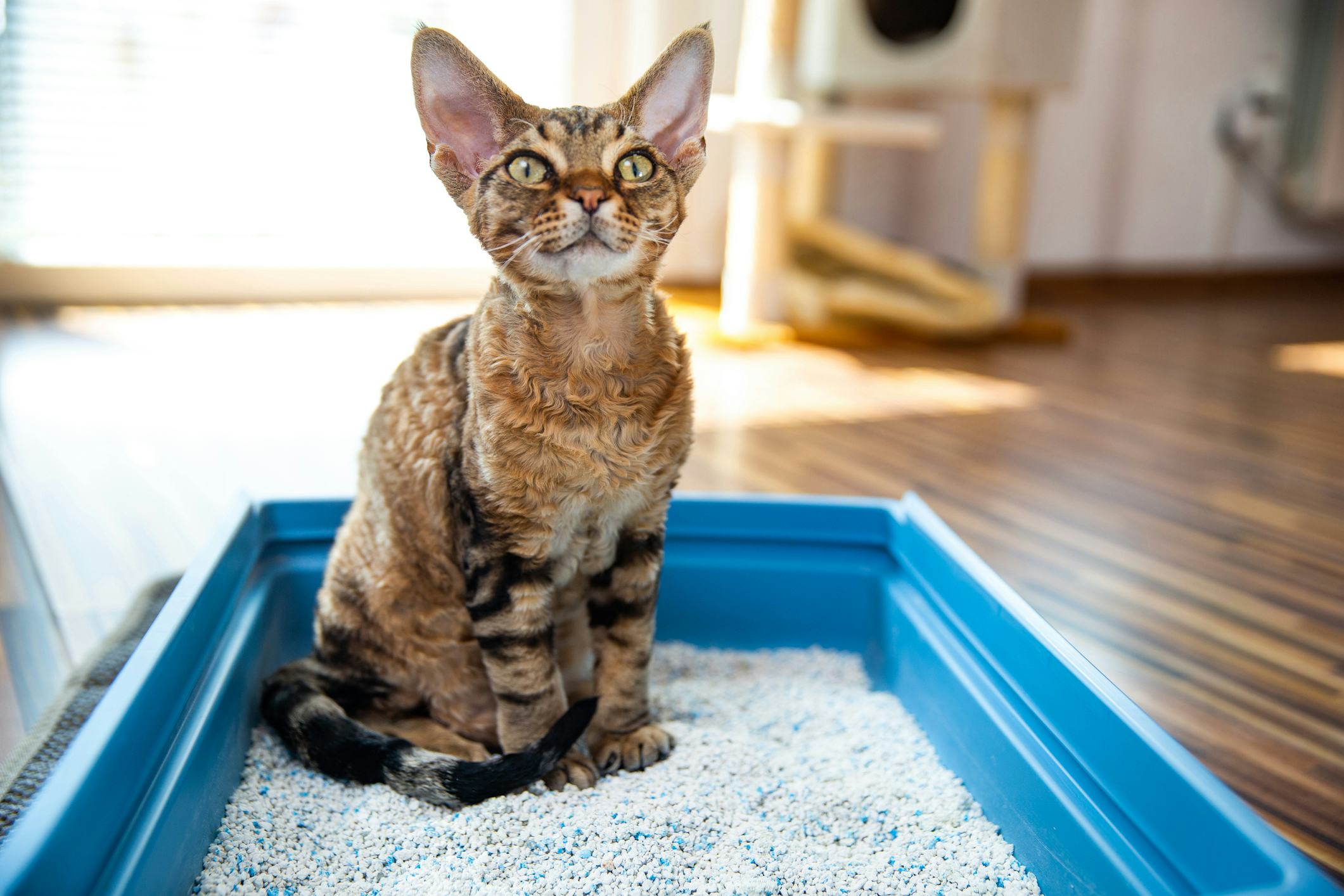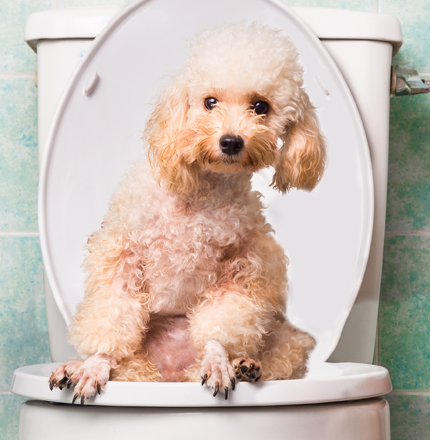Everyone seems to have his or her own piece of advice involving 10 Things You Should Never Flush Down The Toilet.

When it concerns disposing of waste, particularly animal waste, many people often consider the convenient option of flushing it down the commode. Nevertheless, this apparently simple service can have significant effects for the atmosphere and public health. In this post, we'll check out why flushing pet waste down the commode is a negative concept and supply alternate approaches for appropriate disposal.
Introduction
Appropriate garbage disposal is vital for keeping environmental sustainability and public health. While it might seem safe to flush animal waste down the toilet, it can cause numerous issues, both for the environment and human health.
Threats of flushing pet waste
Ecological impact
Flushing pet waste introduces hazardous microorganisms and pathogens right into waterways, which can adversely impact water ecological communities. These pathogens can pollute water sources and damage aquatic life, disrupting fragile ecological communities.
Public health worries
Pet waste has hazardous microorganisms such as E. coli and Salmonella, which can pose serious health and wellness risks to humans. Purging animal waste down the bathroom can pollute water supplies, bring about the spread of diseases and infections.
Alternatives to flushing
Instead of purging animal waste down the toilet, there are numerous alternative disposal approaches that are much more eco-friendly and hygienic.
Composting
Composting pet waste is an environment-friendly means to throw away it. By composting, raw material is broken down into nutrient-rich soil, which can be used to feed yards and plants.
Garbage dump disposal
Taking care of animal waste in a land fill is an additional alternative. While not as environmentally friendly as composting, it is a more secure choice to flushing, as it stops the contamination of water resources.
Pet waste disposal systems
There are specific family pet waste disposal systems readily available that securely and hygienically dispose of animal waste. These systems often make use of enzymes to break down waste and get rid of odors.
Steps to proper animal garbage disposal
To make sure proper disposal of animal waste, comply with these actions:
Scooping and landing waste
Consistently scoop and bag pet waste utilizing eco-friendly bags. This protects against waste from polluting the setting.
Making use of designated waste bins
Dispose of bagged pet waste in designated waste bins, such as garden compost containers or landfill bins. Avoid flushing it down the toilet in all prices.
Cleaning can and animal locations routinely
Regularly clean litter boxes and animal areas to avoid the build-up of waste and germs. Use pet-safe cleansing items to preserve hygiene.
Advantages of appropriate disposal techniques
Adopting proper disposal approaches for animal waste offers several advantages:
Lowered environmental pollution
Appropriate disposal methods minimize the threat of environmental pollution, safeguarding rivers and communities from contamination
Minimized risk of water contamination.
By avoiding flushing pet waste down the toilet, the risk of water contamination is significantly decreased, safeguarding public health.
Improved cleanliness and health
Proper disposal methods advertise far better cleanliness and hygiene, developing a much safer setting for both human beings and animals.
Conclusion
In conclusion, purging animal waste down the toilet is dangerous to the setting and public health. By taking on different disposal methods and following appropriate waste management techniques, we can decrease the unfavorable effect of pet waste and add to a cleaner, healthier world.
What To Do With Dog Poo – The Do's And Don'ts Of Disposing Of Faeces
Dog poo bins
Some councils provide dedicated dog waste bins in popular dog-walking areas that can take dog poo that has been bagged but you can legally dispose of dog waste in any public litter bin, as long as it is securely bagged. This also applies to your wheelie bin at home.
Do not flush
Water companies do not recommend flushing dog faeces down the toilet because certain parasites can survive the water processing treatment and are potentially harmful to humans. You should also never consider flushing dog poo that has been bagged down the toilet as the bags will not break down and instead create severe blockages in the sewage system.
In the woods
The Forestry Commission promotes a ‘stick and flick’ method for dealing with waste in the woods. This means finding a stick and using it to flick any poo from off the path so that it is out of the way of other walkers. You could also bury it as long as it is not in an area where there might be livestock.
Livestock
Parasites found in dog poo can be transmitted to livestock if they inadvertently eat infected faeces that has been left on grazing land. This could result in the death of sheep or abortion in cattle so you should always make sure you pick up your dog’s waste in fields where livestock could be present.

Regularly clean litter boxes and animal areas to avoid the build-up of waste and germs. Use pet-safe cleansing items to preserve hygiene.
Advantages of appropriate disposal techniques
Adopting proper disposal approaches for animal waste offers several advantages:
Lowered environmental pollution
Appropriate disposal methods minimize the threat of environmental pollution, safeguarding rivers and communities from contamination
Minimized risk of water contamination.
By avoiding flushing pet waste down the toilet, the risk of water contamination is significantly decreased, safeguarding public health.
Improved cleanliness and health
Proper disposal methods advertise far better cleanliness and hygiene, developing a much safer setting for both human beings and animals.
Conclusion
In conclusion, purging animal waste down the toilet is dangerous to the setting and public health. By taking on different disposal methods and following appropriate waste management techniques, we can decrease the unfavorable effect of pet waste and add to a cleaner, healthier world.
What To Do With Dog Poo – The Do's And Don'ts Of Disposing Of Faeces
Dog poo bins
Some councils provide dedicated dog waste bins in popular dog-walking areas that can take dog poo that has been bagged but you can legally dispose of dog waste in any public litter bin, as long as it is securely bagged. This also applies to your wheelie bin at home.
Do not flush
Water companies do not recommend flushing dog faeces down the toilet because certain parasites can survive the water processing treatment and are potentially harmful to humans. You should also never consider flushing dog poo that has been bagged down the toilet as the bags will not break down and instead create severe blockages in the sewage system.
In the woods
The Forestry Commission promotes a ‘stick and flick’ method for dealing with waste in the woods. This means finding a stick and using it to flick any poo from off the path so that it is out of the way of other walkers. You could also bury it as long as it is not in an area where there might be livestock.
Livestock
Parasites found in dog poo can be transmitted to livestock if they inadvertently eat infected faeces that has been left on grazing land. This could result in the death of sheep or abortion in cattle so you should always make sure you pick up your dog’s waste in fields where livestock could be present.

I found that post about 10 Things You Should Never Flush Down The Toilet when exploring the web. Do you know somebody who is serious about the topic? Take a moment to promote it. Thanks for being here. Don't forget to stop by our site back soon.
Call